Not just in the sea: freshwater and land also impacted by microplastics
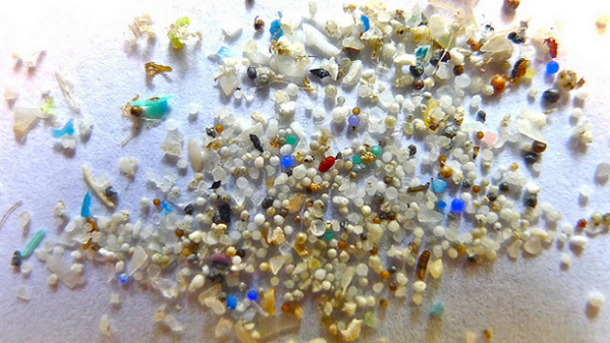
According to a recent ECHA assessment, microplastics that are added to products are more likely to be released to, and accumulate in, terrestrial and freshwater environments rather than the oceans.
ECHA’s Senior Scientific Officer Peter Simpson explains: “We have identified diverse sources of microplastics to the environment from intentional uses in cosmetics, detergents, other household products, paints, and agricultural uses, among others.
“Many of these microplastics are washed down the drain at the point of use.
“Due to how wastewater is treated in the EU, these microplastics will not typically be released directly to aquatic environments, but are more likely to concentrate in sewage sludge that is frequently applied to agricultural soils as a fertiliser in many Member States. There are also direct uses of microplastics in fertilisers and plant protection products.”
Video correction: at 3 minutes 10 seconds, the correct amount of generated waste is 25.8 million tonnes/year.What are microbeads?
Microplastics are particles of plastic material, smaller than 5mm.
They are found in consumer goods: they can be unintentionally formed through the degradation of larger pieces of plastic, including synthetic textiles, or they can also be deliberately manufactured and intentionally added to products for a specific purpose.
For example, they have been widely used in personal care products as exfoliating beads in facial or body scrubs.
Once released into the environment, they may accumulate in the food chain and eventually may also be consumed by humans. The impact they have on the environment has been found to be negative, and has met widespread backlash from both consumers and regulators.
Bans in place
Microplastics in cosmetics products have been banned in many markets across the globe in the past two years.
The European Commission has asked ECHA to investigate whether an EU-wide restriction for intentionally added microplastics would be warranted, according to ECHA.
ECHA is assessing the risks that microplastics could pose to the environment once they are released, and will specifically address their extreme persistence in the environment and the difficulty in removing them once they are there.
ECHA has said it expects to finalise its restriction proposal on microplastics at the beginning of 2019, the opinion making in ECHA’s scientific committees (Committee for Risk Assessment (RAC) and Committee for Socio-Economic Analysis (SEAC)) takes about 14 months and therefore the opinion of the committees should be sent to the Commission around April 2020.
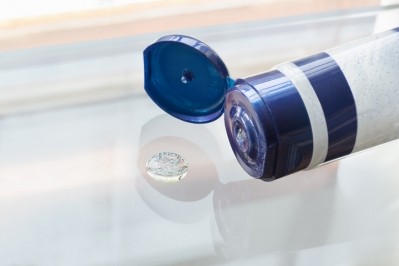

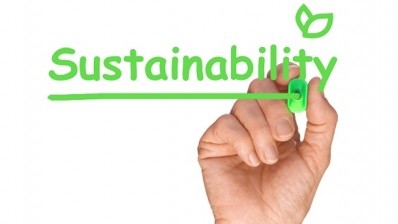
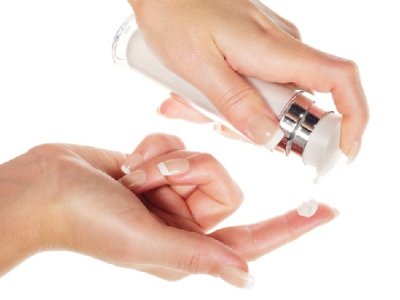


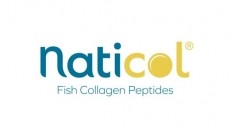






![Dr. G is continuing to expand in South East Asia with a new store in Malaysia. [Dr. G]](https://www.cosmeticsdesign-europe.com/var/wrbm_gb_food_pharma/storage/images/_aliases/wrbm_tiny/publications/cosmetics/cosmeticsdesign-asia.com/headlines/business-financial/dr.-g-doubles-down-on-sea-expansion-on-the-back-of-sunscreen-popularity/16498790-1-eng-GB/Dr.-G-doubles-down-on-SEA-expansion-on-the-back-of-sunscreen-popularity.jpg)




